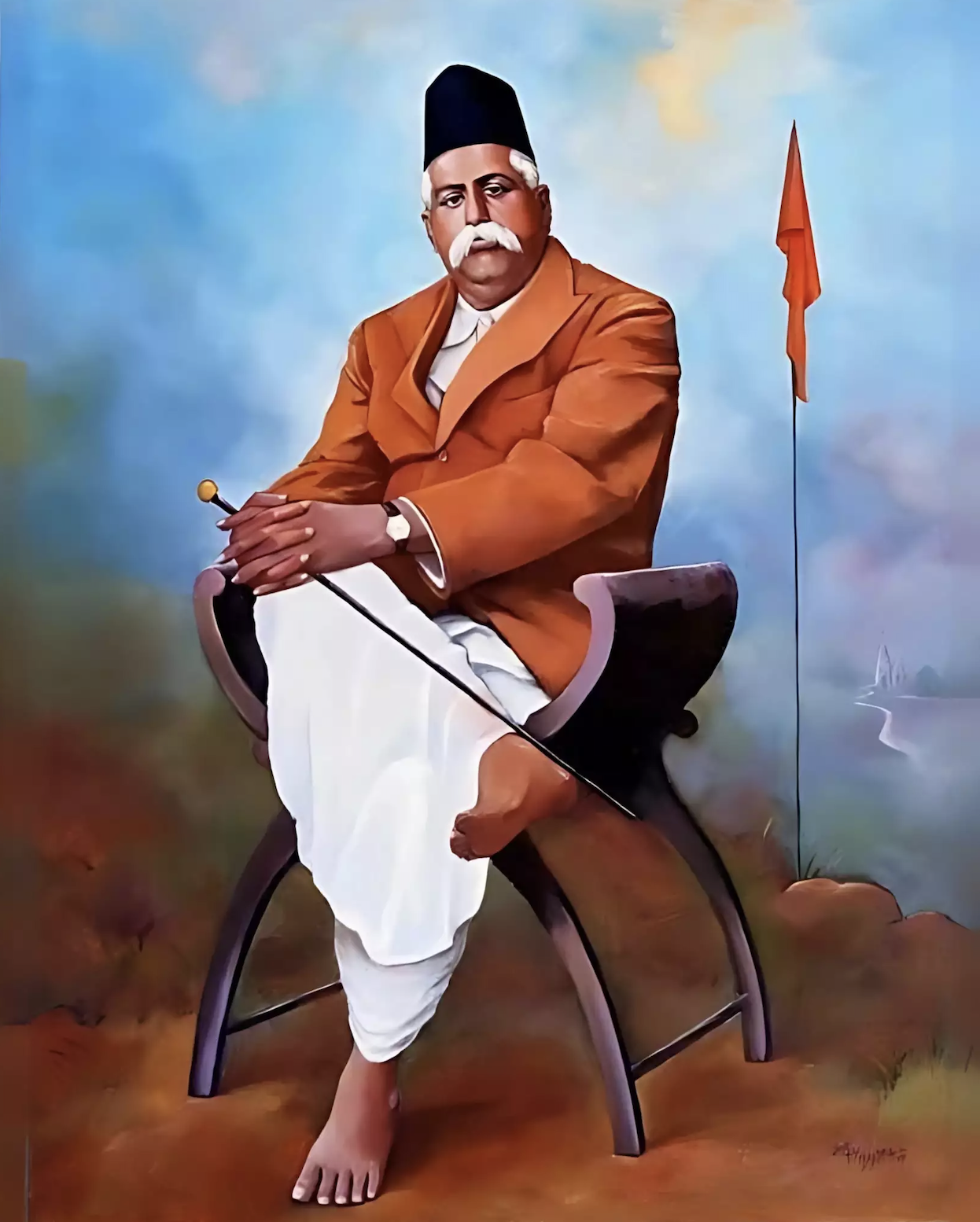
By Satyajit Joshi
“Call me a donkey but don’t call me a Hindu” was the situation when Dr Keshav Baliram Hedgewar formed Rashtriya Swayamsewak Sangh (RSS) in 1925. Situation has undergone a sea change when RSS approaches centenary. People have pride to call themselves as Hindus. RSS has emerged as the largest voluntary organization in the world thanks to the vision of Dr Hedgewar. His vision continues to shape RSS, which is growing stronger with each passing generation.
As the Rashtriya Swayamsewak Sangh (RSS) approaches its centenary, people worldwide are eager to know more about its founder, Dr Keshav Baliram Hedgewar, affectionately known as ‘Doctor Ji’ among the cadre. A dedicated patriot, Dr Hedgewar’s vision for the nation is evident in the exponential growth of the RSS, despite facing ideological and physical opposition. The foundation he laid is so strong that the RSS has emerged as the world’s largest voluntary organisation, now extending beyond India’s borders to spread the message of Hindutva.
Dr Hedgewar founded the RSS in 1925, but his patriotism was evident from an early age. A staunch opponent of British rule, he was involved with many organisations fighting for India’s independence. Influenced by Lokmanya Tilak, he associated with revolutionaries through the Anushilan Samiti in Bengal. In fact, he chose to pursue medical education in Kolkata, a revolutionary hub, with the sole purpose in mind that he could continue his revolutionary work more easily and would further his nationalist activities. Additionally, he actively participated in the Congress-led freedom movement even after the formation of RSS.
Through his experiences in both revolutionary circles and the Congress movement, Dr Hedgewar developed a unique perspective on India’s struggles. Dr Hedgewar came to the conclusion that India’s subjugation and social challenges stemmed from the disunity of Hindus. He believed that without organisation, India would continue to face external invasions and political enslavement even after independence. This analysis set him apart from contemporary leaders, whose ideologies were often influenced by Western thought.
This story was originally published in timesofindia.indiatimes.com. Read the full story here.






